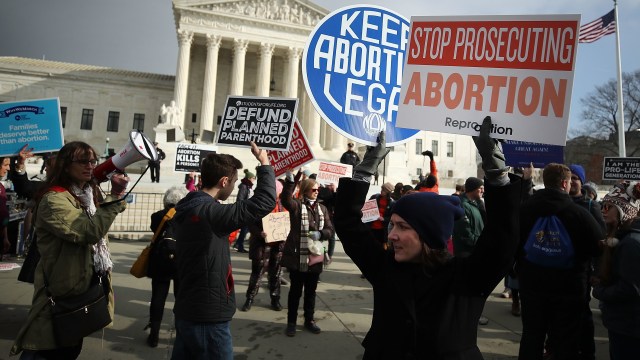Why it’s hard to tell when high-class people are incompetent

Image source: Pixabay
- The study involves four experiments that measured individuals’ socioeconomic status, overconfidence and actual performance.
- Results consistently showed that high-class people tend to overestimate their abilities.
- However, this overconfidence was misinterpreted as genuine competence in one study, suggesting overestimating your abilities can have social advantages.
People who come from high social classes are more likely to overestimate their abilities. That’s not exactly shocking. But a new study reveals something a bit less intuitive: This overconfidence is often misinterpreted by others as genuine competence, even when the high-class individual is demonstrably average.
It’s a phenomenon that could be perpetuating social hierarchies, and researchers suggest it might stem from high-class individuals’ desire to gain social status.
“It can provide them a path to social advantage by making them appear more competent in the eyes of others,” wrote the authors of the study, published Monday in The Journal of Personality and Social Psychology.
The study involved four experiments:
Study 1 – High class, high confidence
This large field study involved about 151,000 small-business owners in Mexico who were applying for a loan. In what appeared to them to be part of the loan process, each applicant was asked to rate how well they think they performed compared to others on a memory game, designed to predict whether applicants will default on a loan. Results showed that higher-class people outperformed other groups, but not by as much as they thought they did.
Study 2 – Overconfidence and the desire to gain social rank
This experiment had several aims, but its main goal was to test whether the overconfidence of higher-class people is linked to a desire to rise in social rank. After submitting demographic and socioeconomic information, online participants took a test they were told would measure their mental abilities. Higher-class people were, again, more overconfident than others. But more importantly, according to the researchers, it showed that, “participants with relatively high social class had a stronger desire for social rank, which, in turn, was associated with more overconfidence.”
Study 3 – Overconfident (and average) in trivia games
In this trivia-game experiment, higher-class people again overestimated their abilities compared to the rest of the participants. Study 3 also replicated the prior findings showing that high-class people have a stronger desire to climb the social ladder, a trait that’s associated with more overconfidence.
Study 4 – Overconfidence pays out
This mock-interview experiment was designed to see whether overconfidence led to social advantages. The student participants were each videotaped as they answered one interview question. Then, a group of strangers evaluated each candidate. In general, high-class participants who were overconfident in their abilities were rated more favorably than their peers by independent judges. The implication: Overconfidence seems to pay out in the social world.
‘Fake it ’til you make it’
So, do these results suggest you should “fake it ’til you make it”? Not quite. The researchers wrote that “overconfidence is believed to be a significant underlying cause for many organizational and societal catastrophes, such as wars, strikes, litigation, entrepreneurial failures, and stock market bubbles.”
What’s more, different cultures and social classes may have varying attitudes toward overconfidence, as lead study author Peter Belmi told The New York Times:
“I grew up in the Philippines with the idea that if you have nothing to say, just shut up and listen.”





